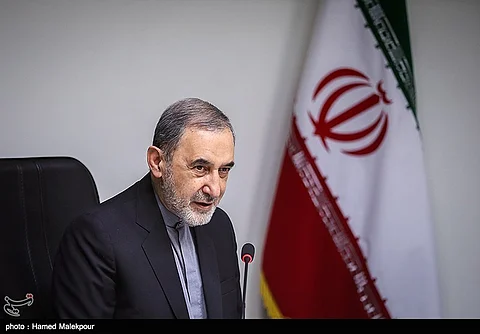

A senior advisor to Iran’s Supreme Leader Ayatollah Ali Khamenei has vowed to block the creation of a U.S.-controlled corridor in southern Armenia, following the peace memorandum signed between Armenia and Azerbaijan on Friday in Washington, D.C. Ali Akbar Velayati declared on Saturday that “Iran will prevent the establishment of a U.S.-controlled corridor in Armenia, with or without help from Russia. A passage can be established from Azerbaijan to Nakhchivan without the need for a corridor. The southern Caucasus is not real estate that Trump can rent. If necessary, it will become a graveyard for U.S. mercenaries.”
Velayati warned that the proposed “Zangezur Corridor” could lead to Armenia’s eventual division and claimed Russia also opposes the plan. While the specifics of the agreement between Azeri President Ilham Aliyev and Armenian Prime Minister Nikol Pashinyan regarding the corridor have not been made public, media reports suggest U.S. companies will receive a 99-year lease to develop the land. Planned projects reportedly include railway lines, oil and gas pipelines, and fiber optic cables.
Although the deal does not appear to place the land under direct U.S. administration—an idea previously floated by U.S. envoy Tom Barrack—the arrangement could enable the deployment of American security forces or private contractors, potentially placing U.S. military and intelligence assets directly on Iran’s northern border.
In 2022, Russia took what can now be seen in hindsight as pre-emptive measures after brokering an agreement among the five littoral states on the Caspian Sea—Russia, Iran, Azerbaijan, Kazakhstan, and Turkmenistan—to close the Caspian to any foreign navies and military deployments.
The corridor’s establishment could also disrupt Russia’s planned “North-South Corridor” through Iran to India, a route designed to bypass strategic chokepoints under Western influence and reduce transport times. Tehran has consistently described any alteration of its northern borders, including potential Azeri annexation of southern Armenia, as a “red line.” Velayati’s remarks reaffirm Iran’s firm opposition to what it views as de facto U.S. control over this strategically vital territory.